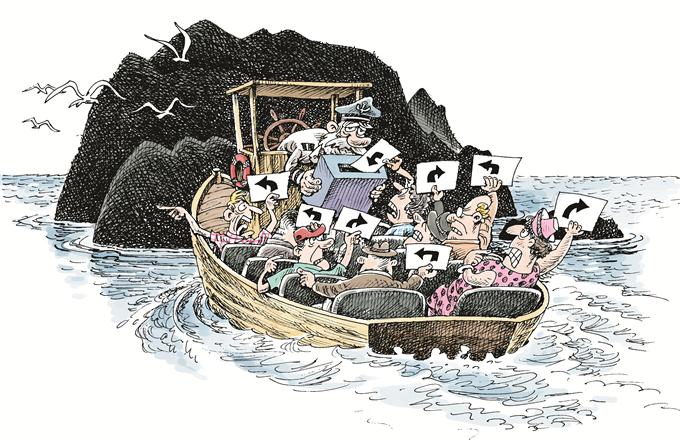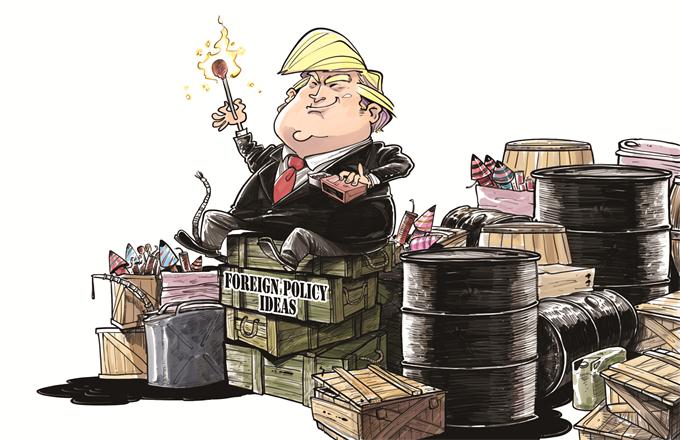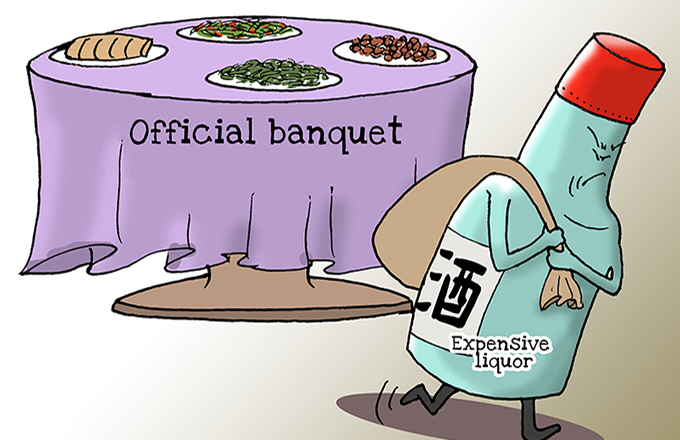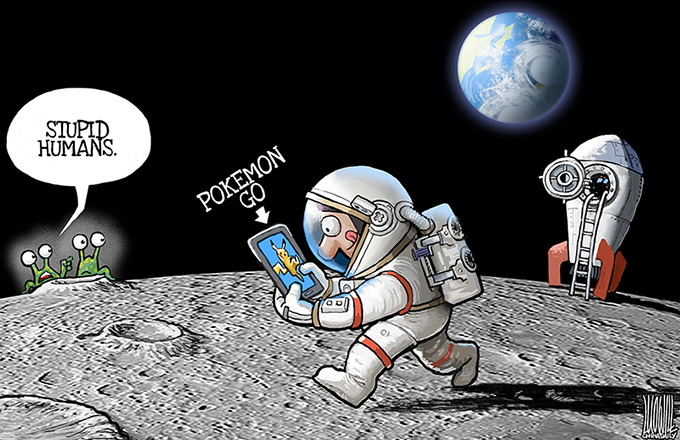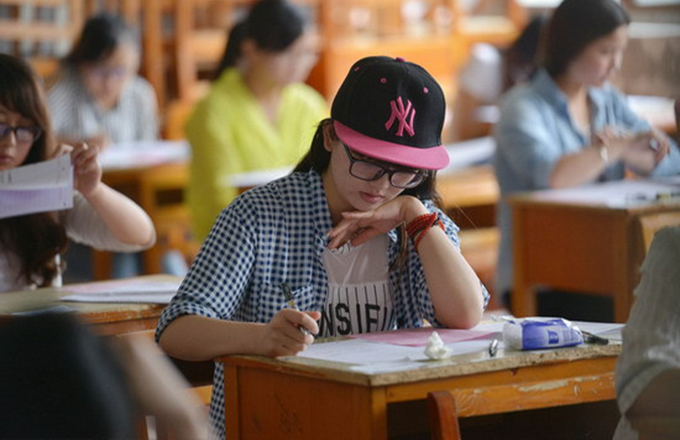Global human rights development demands equal exchanges
Human rights undertakings require a sound global environment, and all countries need to launch equal-footed dialogues, cooperation and exchanges based on respect to each other’s independently chosen path, the People’s Daily said in a commentary published on Saturday, the 68th International Human Rights Day.
The West has no grounds to monopolize the rights of speech in terms of human rights as their so-called “superiority” can rightly serve as evidence for barbarism, the article under the byline of “Zhong Sheng” stressed.
The following is a translation of the article:
December 10 marks the 68th International Human Rights Day, a day that reminds us to respect the course of human rights undertakings.
Mankind shares a common goal to enjoy human rights. To realize this objective, the world should boost exchanges of diversified civilizations, bolster collaboration on human rights and build a healthy and effective governance system, so that international human rights undertakings can progress in a smooth way.
Meanwhile, current international exchanges on human rights are far from ideal. Some Westerners, in particular, have turned a blind eye to the 800 million people who are still suffering from hunger around the globe, and have not paid serious attention to the issues of refugee crisis, terrorism, xenophobia and racism. But all these predicaments come down to human rights challenges.
They, though dubbing themselves as “l(fā)ecturers in human rights,” in fact resort to it as a tool to play politics, adopt double standards and interfere in the domestic affairs of other countries by using human rights as an excuse.
The West has no grounds to monopolize the rights of speech in terms of human rights. Scholar Perry Anderson said in a recent commentary that the human rights discourse in today’s world is a contemporary version of the “civilization standards” of the 19th century.
Back at the end of the 19th century, European jurists pigeonholed countries as “civilized,” “barbaric” and “savage” by comparing them with a “European standard,” but history has proven that such logic is absurd and unjust.
However, some Westerners, up to now, failed to realize that their so-called “superiority” and “classification” are the best evidence of their barbarism.
The Western world imagined itself as a “standard of human rights,” but failed to withstand the test. All kinds of deep-rooted plights they encountered in the past year have exposed their shortcomings. Racial conflicts and uncontrolled use of firearms have split the US public, while the refugee crisis is torturing the conscience of Europe.
Because of these twisted social values, widening disparity between the rich and the poor and other escalated challenges, the public are increasing their hatred toward the mainstream, establishment and politics after a host of elections have brought institutional flaws in the “voting democracy” of Western countries to light. The world is now alert to its emerging chaos.
What is ridiculous is that any time Western countries met with a predicament, their mainstream voice will exaggerate or make up some questions of other nations. They are now in dead ends that always blame others like Moscow and Beijing, but ignore their own flaws.
In terms of international human rights, it means that there is no “one-size-fits-all" path in the world. What the world can do is to pursue a “no best, but better” protection of human rights.
The world has learned not a few lessons caused by copying other development models regardless of the reality. In those harrowing cases, social unrest was triggered because the borrowed system cannot acclimatize to national conditions. The involved nations, as a result, failed to secure their people with the right to survive and develop, not to mention political rights.
But there are indeed a number of successful cases. The international community recognized that by combining the universal principle with the Chinese reality, China has boosted its economic and social progress, improved its people’s livelihoods, bolstered social justice, optimized protection of law-based human rights, pursued economic, social and cultural rights as well as civic and political rights in parallel, and significantly strengthened protection of people’s rights to survive and develop, thus finding out a unique path suitable to China’s conditions.
Human rights undertakings require a sound international environment. All countries can only seek shared progress by launching equal-footed dialogues, cooperation and exchanges based on respect to each other’s development path, social value, historical and cultural traditions, as well as political systems.






